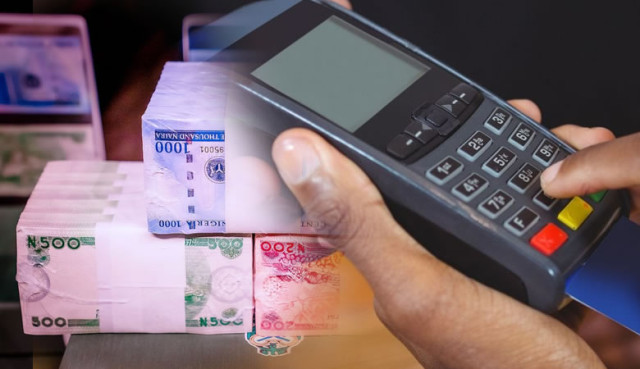The Corporate Affairs Commission, on behalf of the Federal Government, has set a two-month deadline for Point of Sale companies to register their agents, merchants, and individuals with the commission in compliance with legal requirements and the directives of the Central Bank of Nigeria.
This decision was made during a meeting between Fintechs and the Registrar-General CAC, Hussaini Ishaq Magaji, in Abuja.
There are currently over 1.9 million PoS terminals deployed nationwide, according to the Nigeria Inter-Bank Settlement System.
The purpose of this measure, as stated by the CAC boss, is to protect the businesses of Fintech's customers and bolster the economy.
The registration deadline, ending on July 7, 2024, is supported by Section 863, Subsection 1 of the Companies and Allied Matters Act, CAMA 2020, and the 2013 CBN guidelines on agent banking.
The CAC emphasized that the timeline is not aimed at specific groups or individuals but is intended to safeguard businesses genuinely.
The commission and fintech companies have mutually agreed to this registration timeline in accordance with legal requirements and CBN directives.
The recent directive was issued in response to the high number of fraud cases involving POS terminals and the Central Bank of Nigeria's decision to prohibit trading in cryptocurrency or any virtual currency. According to a fraud report by the Nigeria Inter-Bank Settlement System Plc, POS terminals were responsible for 26.37% of fraud incidents in 2023.
The CBN recently prohibited major fintech companies such as Kuda, Opay, PalmPay, and Moniepoint from accepting new customers and instructed them to advise their customers against engaging in cryptocurrency or virtual currency trading on their platforms.
The CBN's action was linked to an ongoing audit of the Know-Your-Customer process of these fintechs due to concerns about money laundering and terrorism financing.
Prior to the CBN's directive, the Economic and Financial Crimes Commission had obtained a court order to freeze at least 1,146 bank accounts belonging to individuals and companies allegedly involved in illegal foreign exchange transactions.
OPay announced that it would enforce strict measures against customers who violate its policy, which is in line with the Central Bank of Nigeria's position on cryptocurrency trading. The statement also mentioned that several speakers from the fintech industry pledged to collaborate with the commission to ensure smooth implementation of the directive.




















